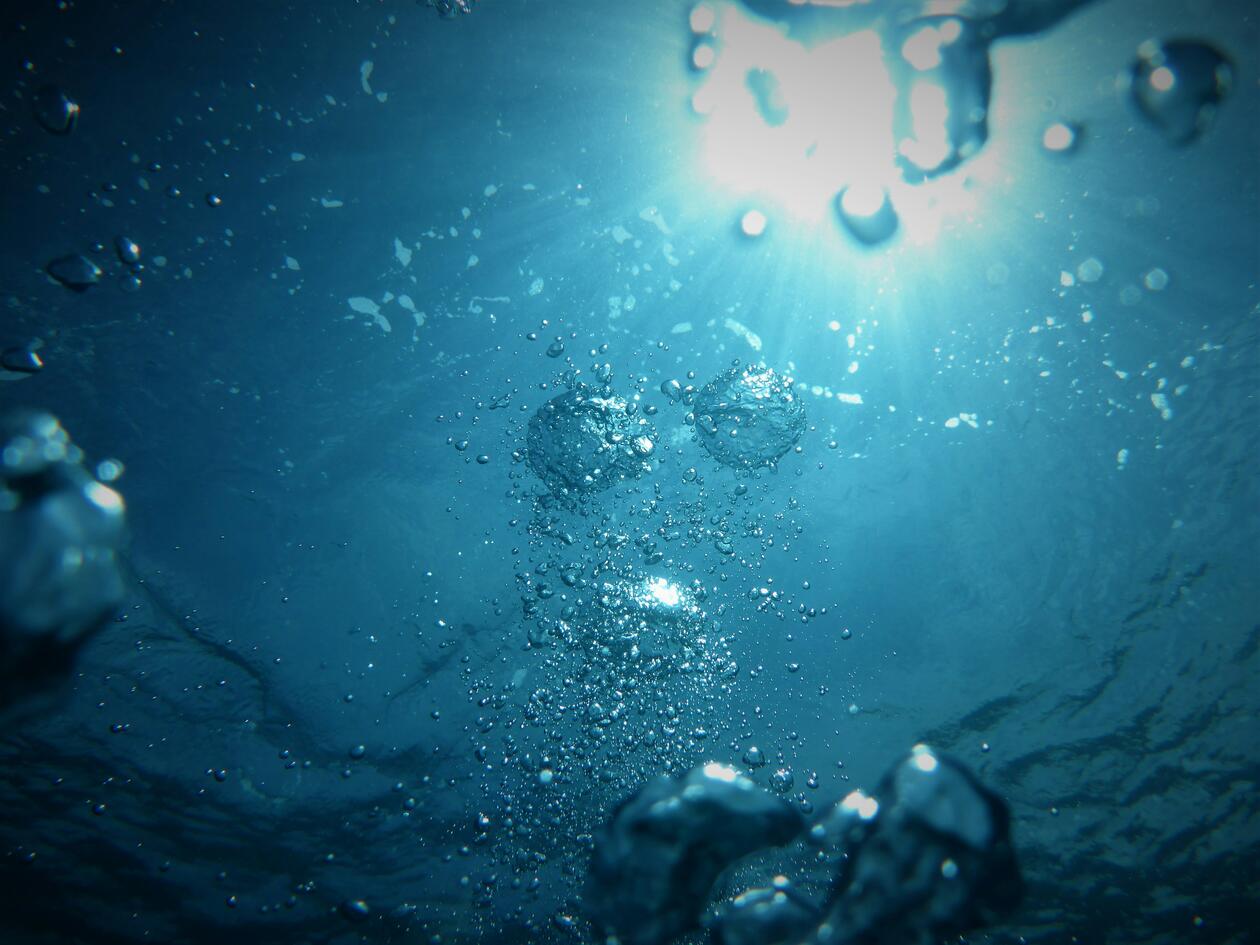New geopolitics demand new thinking on ocean equity
The rise in ocean temperature in the past year is one of the most urgent threats to global equity and thus to global stability in a new geopolitical landscape. How can science contribute to solutions to this challenge?
Hovedinnhold
In 2023 temperatures in the ocean rose to unprecedented levels and a brand new UNESCO report shows that ocean temperatures have doubled in the past 20 years. Yet these facts are barely mentioned in mainstream media. However, this is one of the common challenges faced by humankind as it may pose a threat to ocean equity as its consequences would be felt more strongly and immediately in developing countries.
Many increasingly look to the blue economy, which is projected to double by 2030 according to the Ocean Panel, to secure future food systems, energy sources, leisure opportunities, etc. At the same time there is broad agreement that this must happen both in a sustainable and equitable way. It’s an urgent task for policymakers globally to find solutions for future ocean sustainability to avoid widening the increasing gaps in the global economy.
In a geopolitical landscape transformed by the COVID pandemic, the decline of the USA as the world’s only superpower, the war in Ukraine, and the rising confidence of the global south, the global north no longer can expect an automatic place at the top of the table. This transformation is happening at the same time as the ocean faces serious challenges driven by climate change and threats to biodiversity. These challenges must now be brokered in an increasingly difficult and dynamic global landscape.
To achieve this the global north must interact more directly with the global south and encourage the use of traditional and local knowledge to create solutions for our future ocean. This means creating a bigger, broader and more global table to take a refreshed look at the topics discussed and the definitions of knowledge.
There is a full spectrum of stakes at play in ocean governance with several emerging themes: Fisheries and aquaculture, food security, biodiversity conservation, invasive species, marine protected areas, deep-sea mining and minerals, ocean acidification and deoxygenation, plastics pollution, marine carbon dioxide removal (with connections to tech diplomacy), marine genetic resources (with connections to health diplomacy), tourism, blue energy, blue justice, and more.
All of this is complicated by rising ocean temperatures and a push for resources from the ocean. This intensifies ongoing geopolitical developments, e.g., the South China Sea, long distance fishing fleets, disputed maritime areas. The global increase in human interaction with the ocean reinforces the increased need for global agreements and frameworks.
As part of a common ocean governance the countries of the world are currently in the implementation stages on global agreements that affect the ocean, e.g., biodiversity beyond national jurisdiction (BBNJ), the Convention on Biological Diversity (CBD), and various commitments under the Conference of the Parties (COPs) of various ocean-related multilateral environmental agreements.
The countries of the global north (e.g., EU, Norway, USA, Canada, Japan) must commit to a stronger collaboration with the global south in all aspects of ocean science and diplomacy. This includes making sure that traditional knowledge and scientific knowledge can work together for the common ocean of the future.
As part of this the countries of the global north must secure funding for more joint global south and north initiatives to fulfil global commitments for the ocean as manifested in SDG14 – Life Below Water and the UN Decade of Ocean Science for Sustainable Development.
